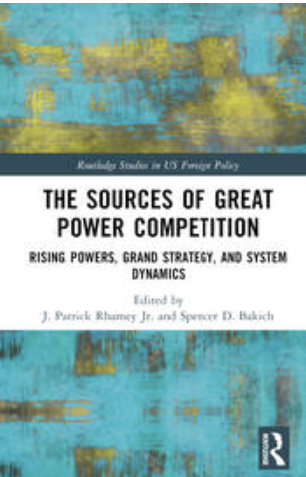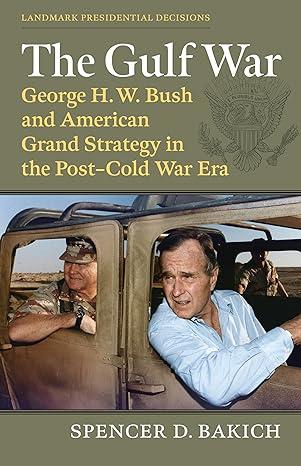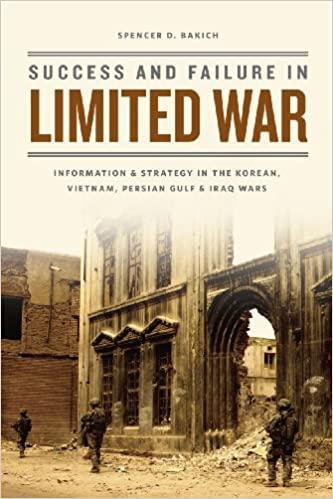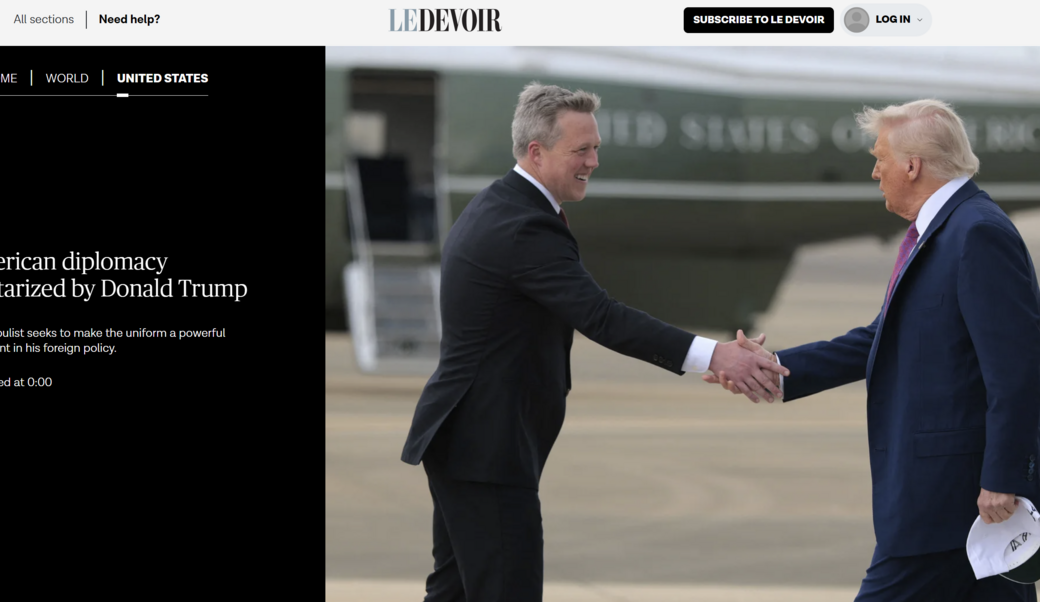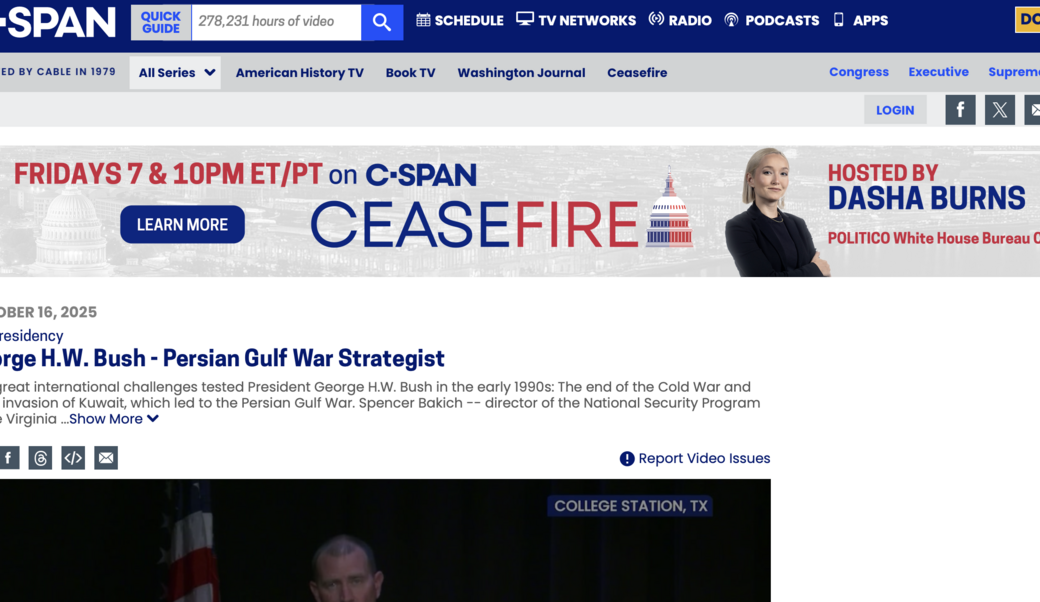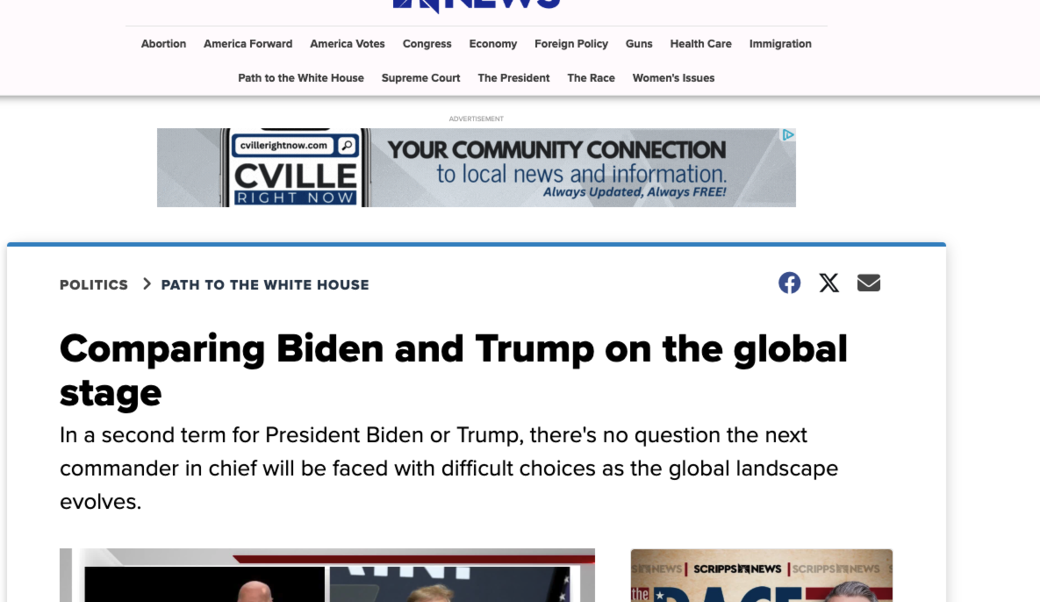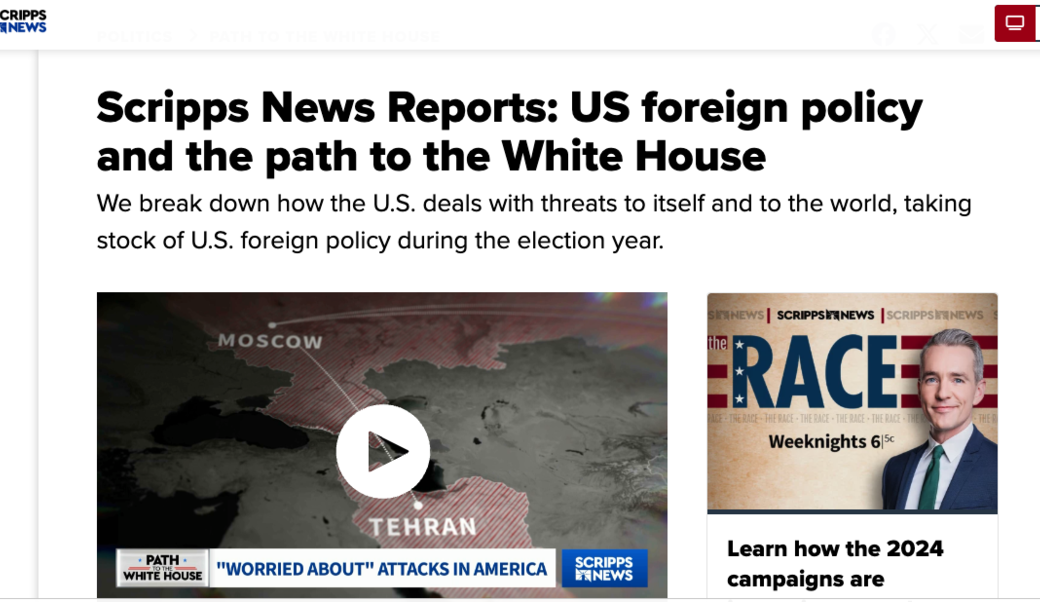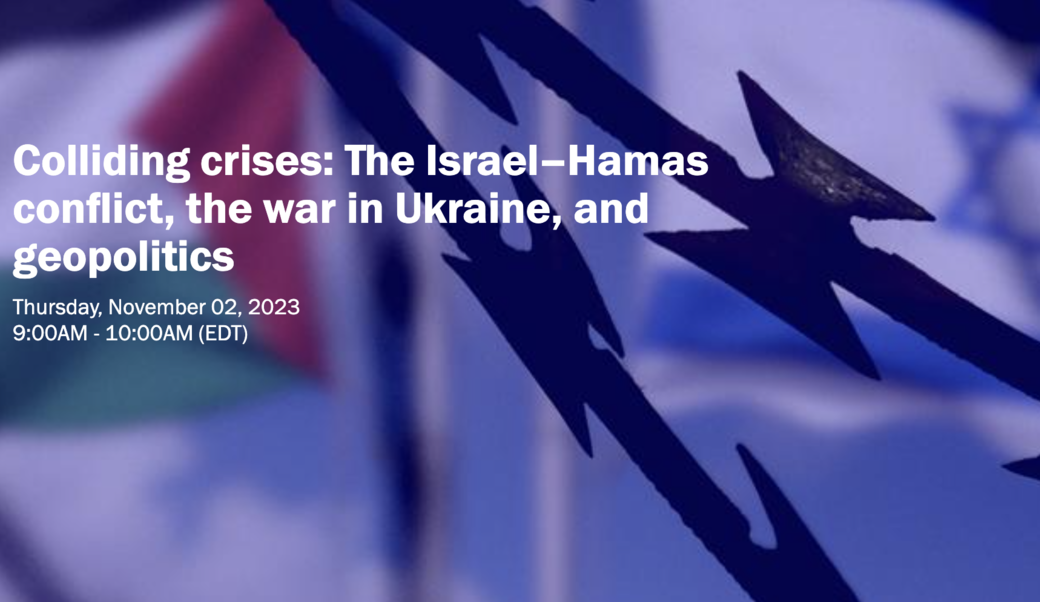Fast Facts
- Director of the National Security Program, Virginia Military Institute
- Recipient, 2023 SCHEV Outstanding Faculty Award
- Expertise on wartime diplomacy and strategy, coercive diplomacy, American grand strategy
Areas Of Expertise
- Foreign Affairs
- American Defense and Security
- War and Terrorism
- Governance
- The Presidency
Spencer D. Bakich is a professor of international studies and the director of the National Security Program at the Virginia Military Institute. He is the co-editor of The Sources of Great Power Competition: Rising Powers, Grand Strategy, and System Dynamics (Routledge, 2024) and the author of The Gulf War: George H. W. Bush and American Grand Strategy in the Post-Cold War Era (Kansas, 2024) and Success and Failure in Limited War: Information and Strategy in the Korean, Vietnam, Persian Gulf, and Iraq Wars (Chicago, 2014), as well as articles, book chapters, and essays on wartime diplomacy and strategy, coercive diplomacy, American grand strategy, and cybersecurity. His commentary has been featured in The National Interest, USA Today, The Washington Post, and The Strategy Bridge.
Bakich earned a BA in international affairs and economics from James Madison University (magna cum laude) and an MA and PhD in politics at the University of Virginia. He is the recipient of a 2023 Outstanding Faculty Award from the State Council of Higher Education for Virginia.
